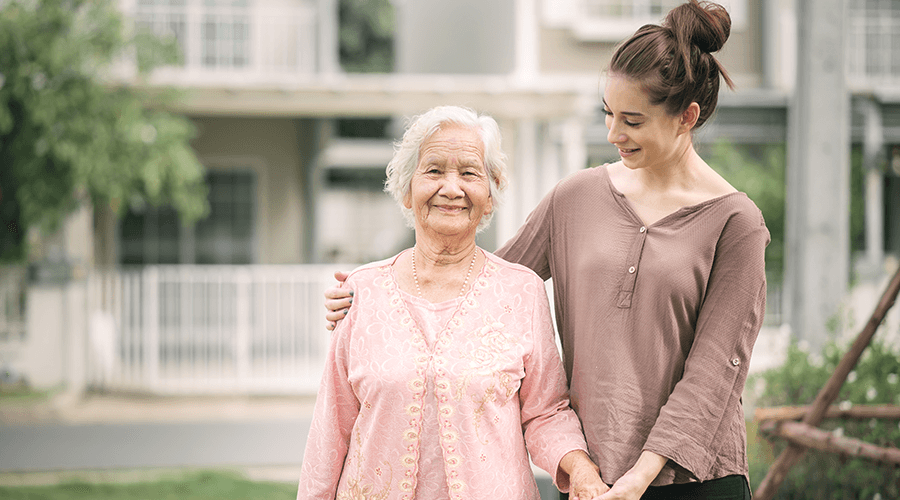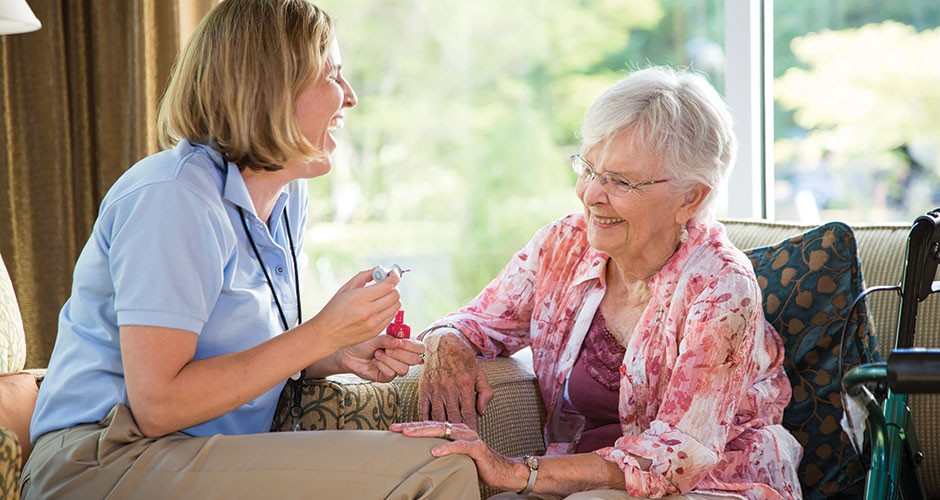Many Americans take on the role of caregiver — and it's a role that can be filled with stress.
According to a recent report, 53 million American adults are unpaid family caregivers. Of those:
- 61 percent are also working;
- 26 percent have experienced difficulty coordinating care; and
- 23 percent reported declining health as a result of providing care.
That's why it's important to keep yourself healthy — mentally, physically and emotionally.
Here are eight tips to help you avoid caregiver burnout:
- Get the facts. Find out answers to your caregiving questions.
- Care for your body. Get enough sleep, proper nutrition and exercise.
- Get equipped. Make home and vehicle modifications for an easier routine.
- Maintain other interests. Hobbies, work and social activities are vital.
- Spend time away. Even 15 minutes alone can be rejuvenating.
- Talk to others. Find a friend, pastor, family member or support group to talk to.
- Get help. Find others who can offer a hand or hire someone to assist.
- Give thanks. Take a minute each day to focus on something positive.
To stay healthy, try to find the right balance of caring for a loved one and yourself during this time.
Watch for signs of depression, and don't hesitate to consult a mental health professional if you need support.
Utilize respite care services as needed. Even a few hours a week can make a difference.
Most importantly, remember that you deserve time and space to take care of yourself, too.




